In this article, we are going to find out how long do CPU water coolers last. We’ll delve into how long they last. CPU water coolers are a type of liquid cooling system. This design keeps your computer’s central processing unit (CPU) from overheating.
On average, a CPU water cooler might last 3 to 6 years, depending upon its usage, maintenance, and replacement of disposable parts on time. It is done by rotating a liquid coolant via a series of tubes. The liquid soaks up the heat from the CPU before dissipating it through a radiator.
The method of cooling used by CPU water coolers is often more efficient than traditional air cooling systems and can lead to improved performance and longevity of your computer. However, like any component, CPU water coolers have a finite lifespan. This article will provide an in-depth look at factors that influence the lifespan of these coolers and offer tips on maximizing their longevity.
Table of Contents
Average Lifespan of CPU Water Coolers
It is often the question of users: how long does a water cooler last? The lifespan of CPU water coolers typically spans from 3 to 6 years, influenced by various factors.
Quality and maintenance significantly impact their longevity. Manufacturers play a crucial role by rating their pumps, a critical component, for some to last up to 70,000 hours, approximately eight years of continuous use.
Understanding this lifespan range is essential for users—regular maintenance, such as cleaning and coolant replacement, aids in prolonging the cooler’s life.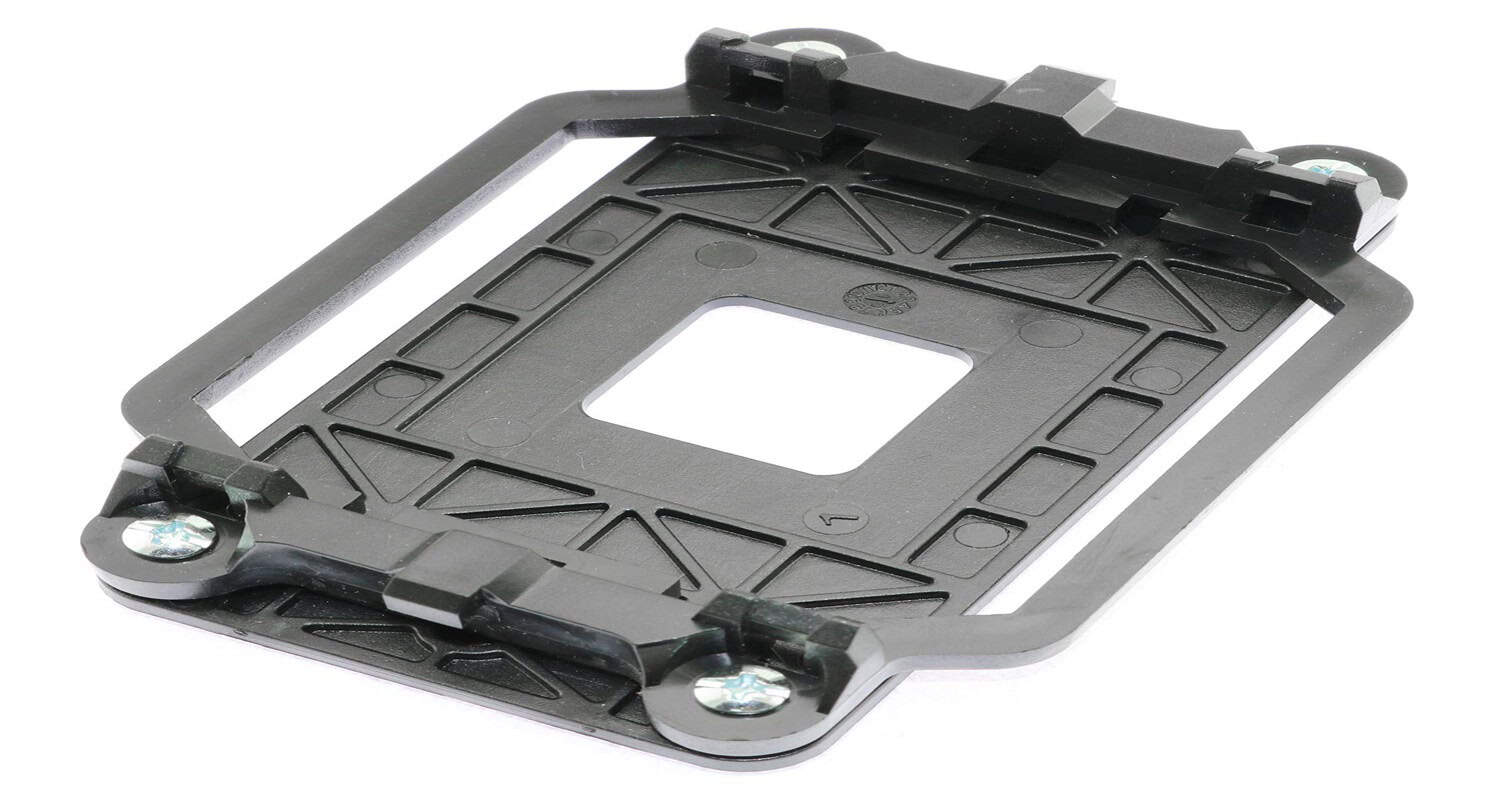
However, the components’ quality, usage intensity, and environmental factors like dust accumulation also play pivotal roles. Manufacturers ensure transparency by providing pump longevity ratings.
These ratings are determined by the flow rate, pricing, pump, and noise. Generally, you’ll be okay. Some pumps can endure up to 70,000 hours, a testament to technological advancements.
This lifespan knowledge empowers users to make informed decisions when selecting a CPU water cooler, considering not only the initial investment but also the long-term performance and reliability of the System.
To determine how long do CPU water coolers last, We need to expand our horizon on the factors influencing the lifespan of water coolers. The below pointers will assist the users in gaining awareness of the same.
Factors Influencing the Lifespan of Water Coolers
Several factors influence the lifespan of water coolers in CPUs:
- Component Quality: The quality of the cooler’s components significantly impacts its lifespan1.
- Usage Intensity: The frequency and intensity with which the computer is used can affect the cooler’s durability.
- Maintenance Quality and Frequency: Regular maintenance, such as cleaning and coolant replacement, can extend the cooler’s lifespan.
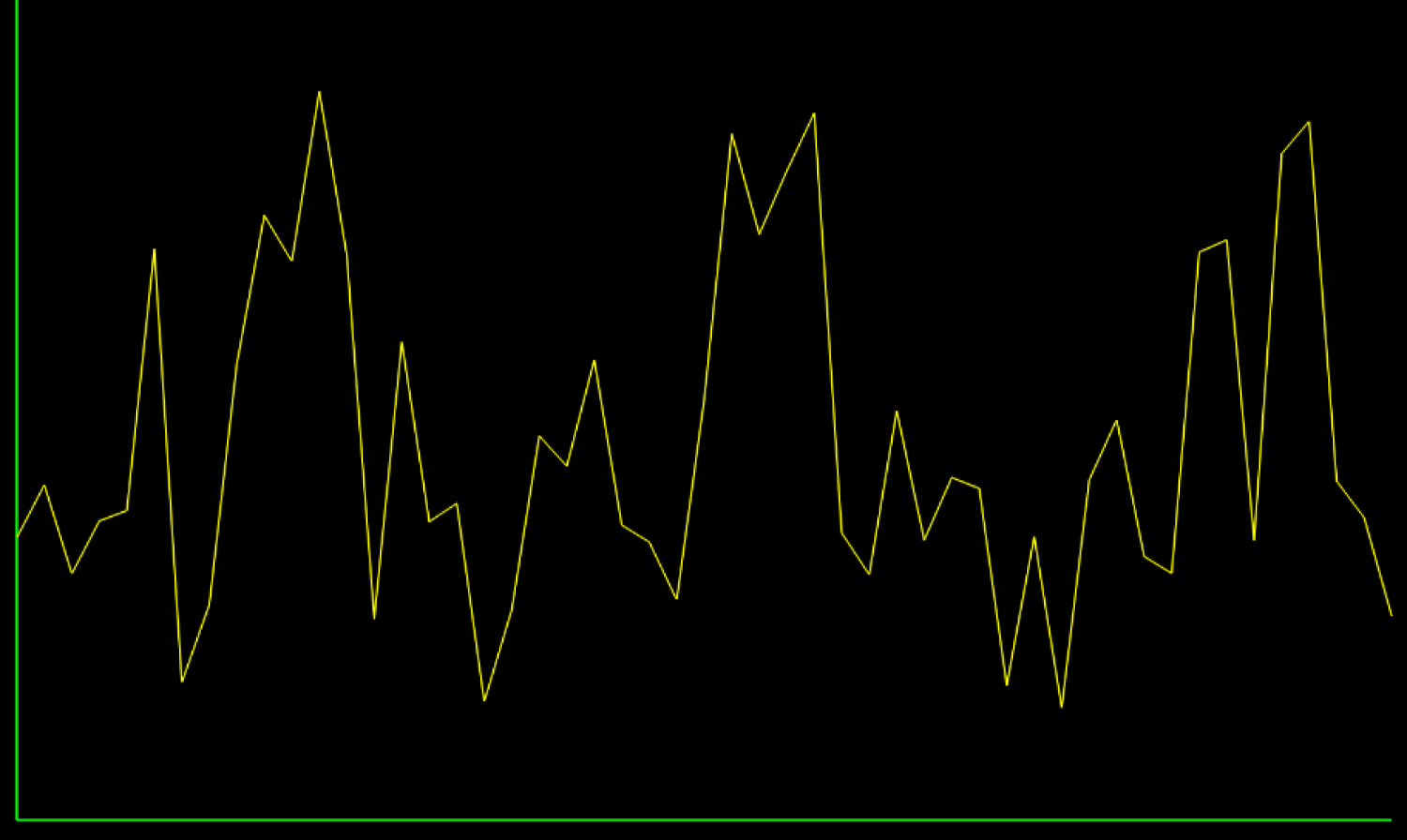
- Component Corrosion: Material corrosion can reduce the cooler’s lifespan.
- Seal Degradation: Degradation of the cooler’s seals can result in leaks and decreased efficiency.
- Local Environmental Factors: Air conditioning or heating in the room and where the computer is located affects the efficiency and longevity of the cooler.
- Dust Accumulation: Dust can accumulate on the cooler’s radiator and fans, reducing lifespan.
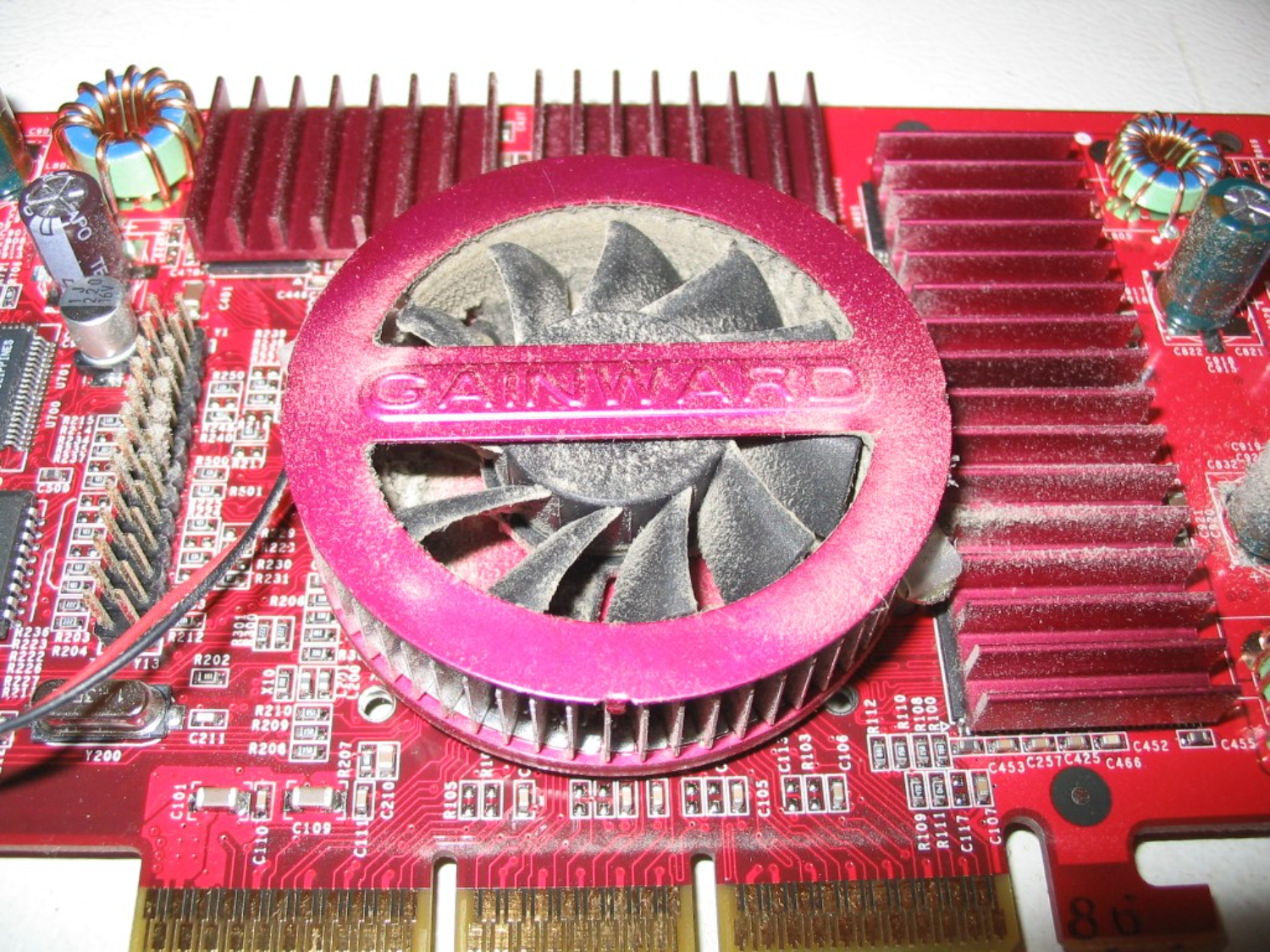
- Fluid Drying Up: The fluid inside the cooler is the System’s coolant and lubricant. When the fluid runs out, the pump may fail due to lacking lubrication.
It’s a typical question of users: how long does liquid cooling last? Or how long does water cooling last? The answer is that they have a lifespan of 3 to 7 years. However, proper maintenance and operating conditions can last over a decade.
That is especially true for high-end models. However, the actual lifespan is also determined by how often liquid cooling needs to be changed. It is required to be changed every year. As a result, users must be aware of the factors above to take precautions ahead of time.
The answer to the question: how long do CPU Water Coolers last? It is also dependent on the user’s awareness of maintenance tips. The below pointers will assist users in expanding their awareness about the same.
Maintenance Tips for Extending Lifespan
It’s a peculiar question: does liquid cooling require maintenance? The answer is yes. Simple but critical maintenance practices are needed to ensure the longevity of CPU water coolers.
Here are a few maintenance tips to help you increase the life of your CPU’s water coolers:
- Clean Your CPU Cooler: Cleaning and dust removal should be done regularly. Dust accumulation on cooler components impedes heat dissipation, potentially causing performance issues.
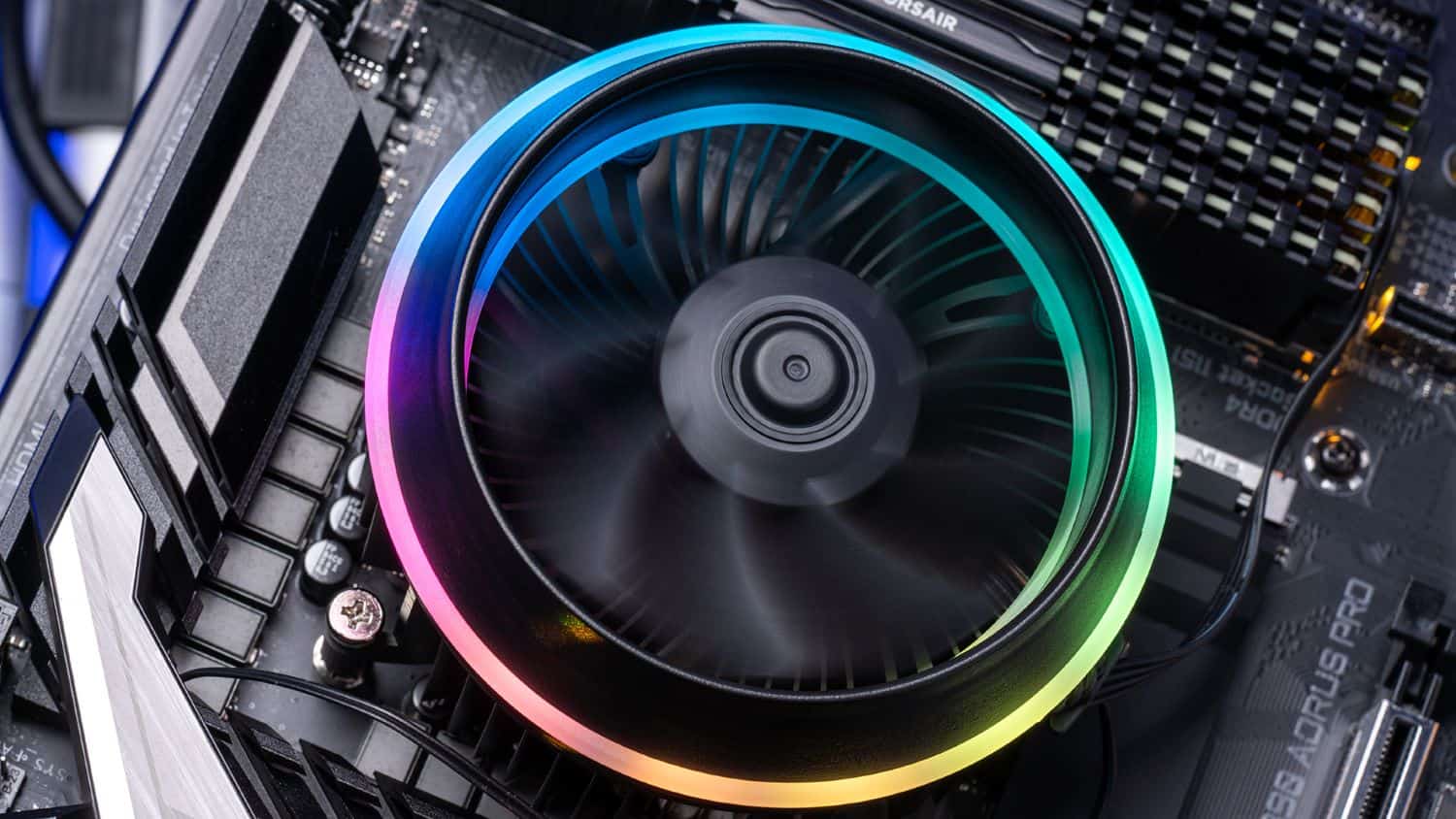 A clean system improves the cooler’s efficiency and increases its lifespan.
A clean system improves the cooler’s efficiency and increases its lifespan. - Flush the System Annually: The users often ponder, “How often does liquid cooling need to be changed?” Managing and replacing the liquid coolant or fluid is critical.
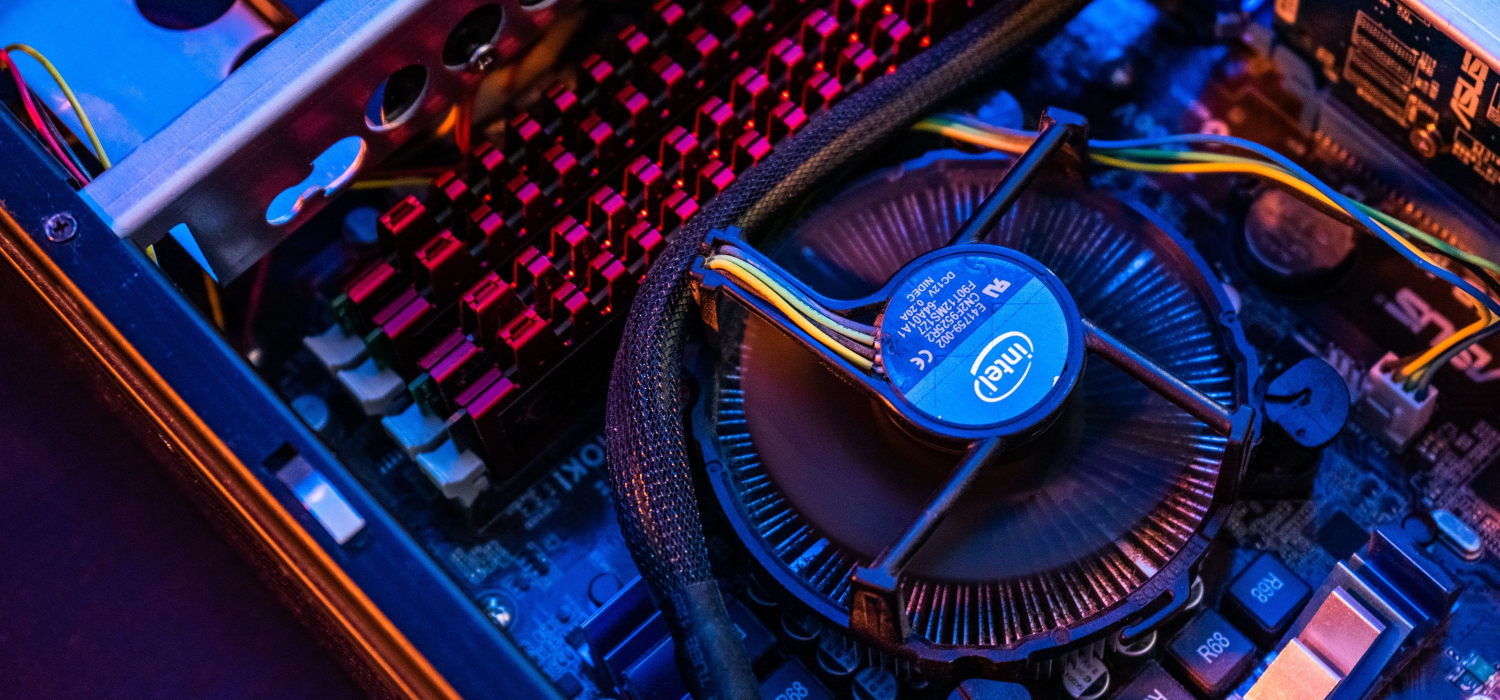 The coolant’s effectiveness degrades over time, affecting the cooler’s ability to regulate temperature. Regularly checking and replacing the coolant protects the CPU water cooler from overheating and maintains health.
The coolant’s effectiveness degrades over time, affecting the cooler’s ability to regulate temperature. Regularly checking and replacing the coolant protects the CPU water cooler from overheating and maintains health. - Checking and Replacing the Thermal Paste: Regularly checking and replacing the thermal paste is essential for maintaining your CPU cooler.
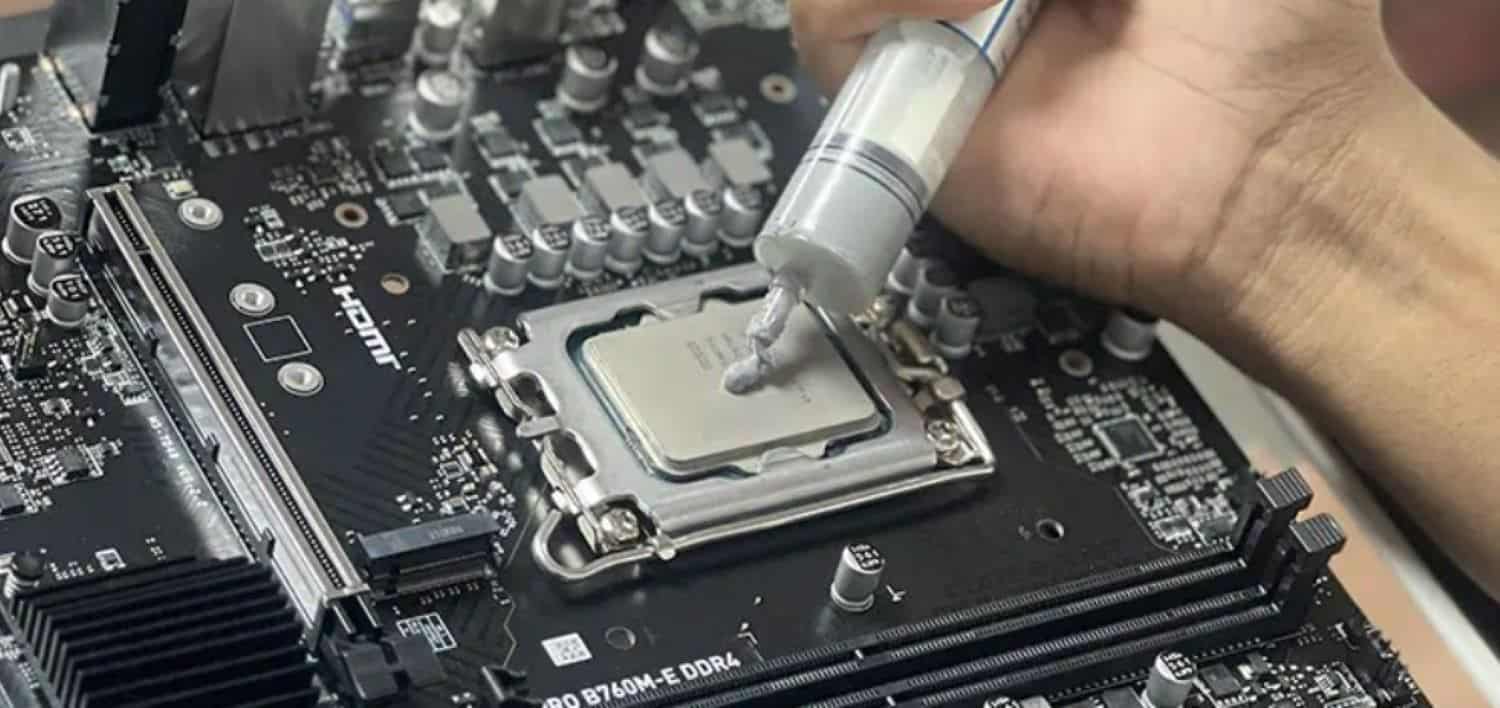 The thermal paste will begin to dry out over time. Replacing the thermal paste regularly will extend the cooler’s and the CPU’s life by preventing overheating, which can damage your System. Knowing the model of your CPU cooler enables you to assess its cooling capabilities and confirm that it can support the demands of your CPU.
The thermal paste will begin to dry out over time. Replacing the thermal paste regularly will extend the cooler’s and the CPU’s life by preventing overheating, which can damage your System. Knowing the model of your CPU cooler enables you to assess its cooling capabilities and confirm that it can support the demands of your CPU. - Keep a watch on the temperature of your CPU: Monitoring your CPU temperature can assist you in determining when your CPU cooler requires maintenance. Meanwhile, you can lower your CPU temperature to increase performance.
- Dust the Radiator and Fans: It is often a user question, ‘How long do cpu fans last?‘.
 To ensure your cooler lasts as long as possible, you must regularly perform manual maintenance, including cleaning/dusting the radiator and fans.
To ensure your cooler lasts as long as possible, you must regularly perform manual maintenance, including cleaning/dusting the radiator and fans.
By following the above steps, you can be assured that your CPU cooler is always performing efficiently, thereby extending the life of your computer.
The answer to the question: how long do CPU Water Coolers last? It also depends on the user’s awareness of cooler malfunction and failure signs. The below pointers will assist users in expanding their awareness about the same.
Signs of Cooler Malfunction and Failure
Recognizing potential problems with your CPU water cooler is critical for avoiding system damage.
- Pump Malfunction: It is critical to identify pump or fan malfunctions. Any flaws in their operation may result in insufficient cooling, potentially causing damage to your CPU. Watch for unusual noises, vibrations, or a sudden decrease in fan speed.
- Symptoms of a failing CPU water cooler: Certain symptoms indicate a failing CPU water cooler. Unusual noises, such as grinding or whirring, can indicate mechanical problems.
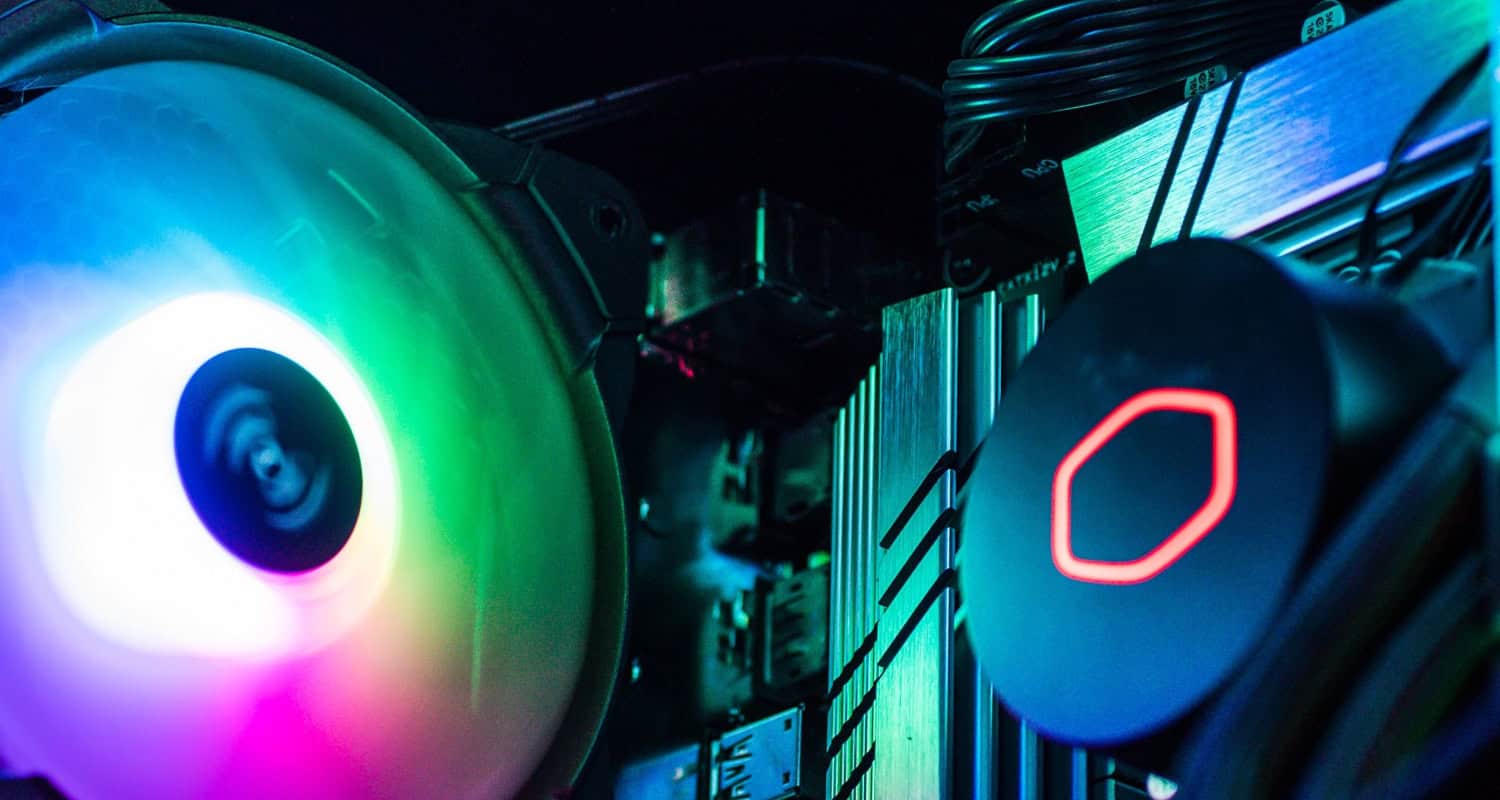
On the other hand, a sudden silence from the cooler may mean a complete failure. Vigilant observation of these symptoms allows for timely intervention, preventing potential CPU damage due to insufficient cooling.
- The PC becomes extremely hot, indicating your CPU cooler isn’t doing its job properly.
- CPU temperatures have increased: A sudden increment in CPU temperature is an obvious sign of a faulty CPU cooler. To avoid CPU failure, you should know the safe CPU temperature.
- Significantly reduced performance: If the performance of your computer has decreased dramatically, it could be a sign that your CPU cooler is failing.
- Slower PC and constant freezing or hanging: A faulty CPU cooler could cause your PC to run slower than usual or constantly freeze or hang.
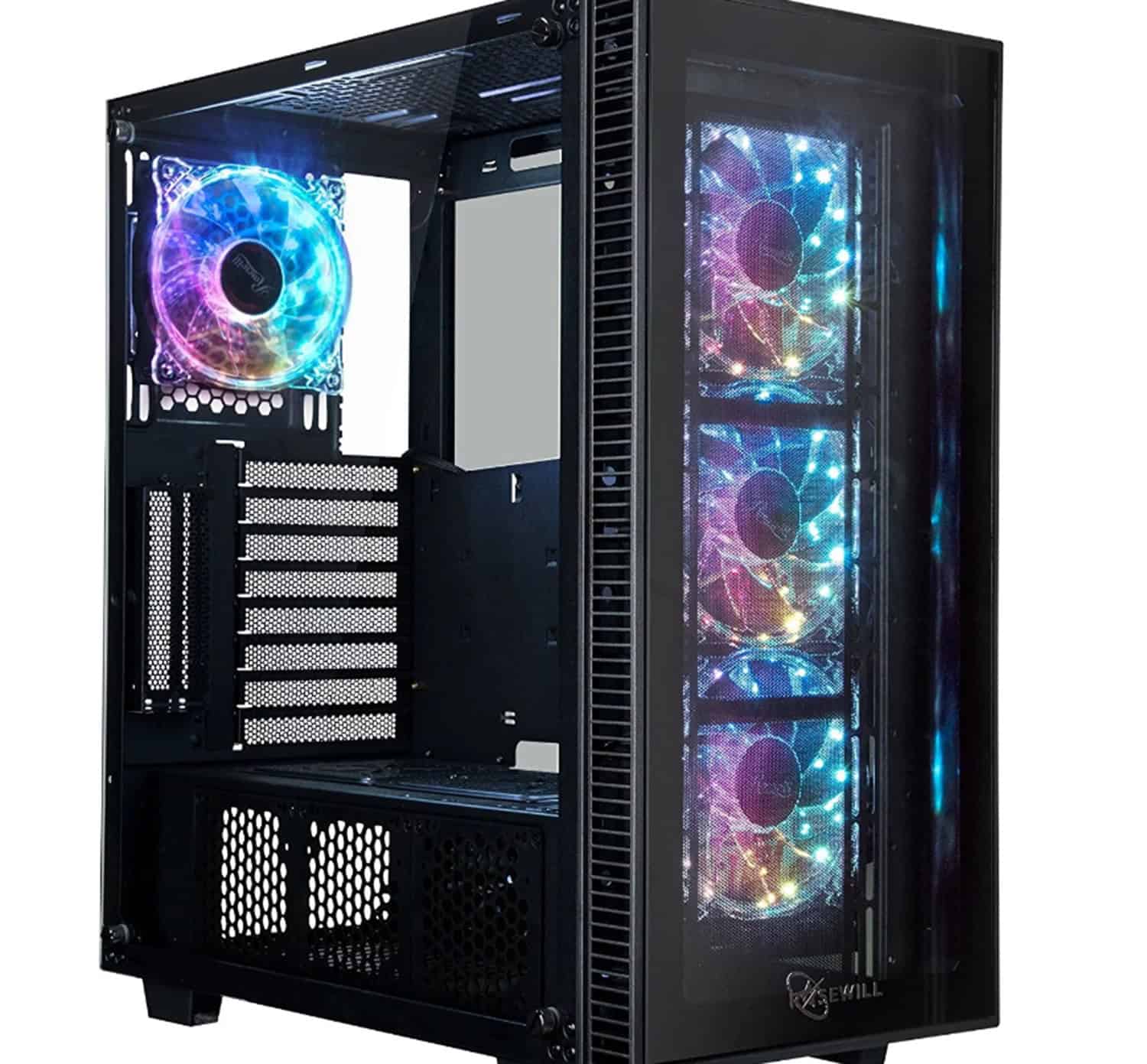
Checking for these signs regularly ensures the early detection of cooler malfunctions. By dealing with problems as they arise, you can extend the life of your CPU water cooler and keep your computer system running at peak performance.
The answer to the question: how long do CPU Water Coolers last? It also depends on the user’s awareness about choosing the right cooler for longevity. The below pointers will assist users in expanding their awareness about the same.
Choosing the Right Cooler for Longevity
Making informed choices during the selection process for CPU water coolers can significantly impact their lifespan.
- Thermal Dissipation Power: A CPU cooler’s Thermal Design Power Rating indicates how much heat is dissipated in watts. If the cooler cannot keep your CPU cool enough, it may throttle (slow down), and your cooler will always run at full speed.
- Cooler Type: CPU coolers are classified into air, closed-loop, or all-in-one (AIO) coolers and custom/open-loop cooling setups.
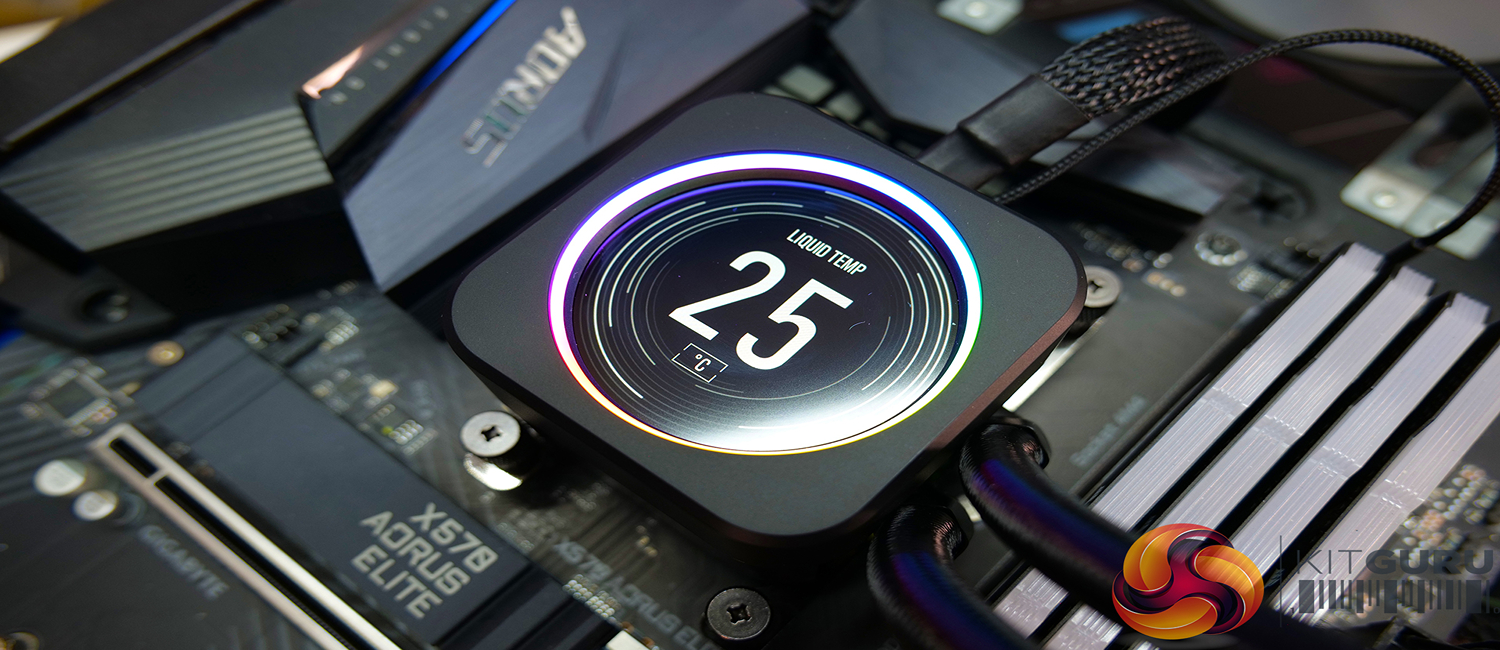
- Air Coolers: Air Coolers use Heatsinks and fans. They have the lowest cost, but they are also the most audible.
- All-In-One: Although it can be quieter than air coolers because they do not require the complications of cutting and fitting custom tubes or maintaining coolant levels after installation. Because they need space for a radiator, they may necessitate a larger case than some air coolers.
- Open-loop coolers are the most complicated and expensive option, but they can provide unparalleled cooling and unrivaled looks.
- Overclocking: If you intend to overclock your System, selecting the best CPU cooler is critical to avoiding throttling and reaching your System’s full potential while keeping it quiet.
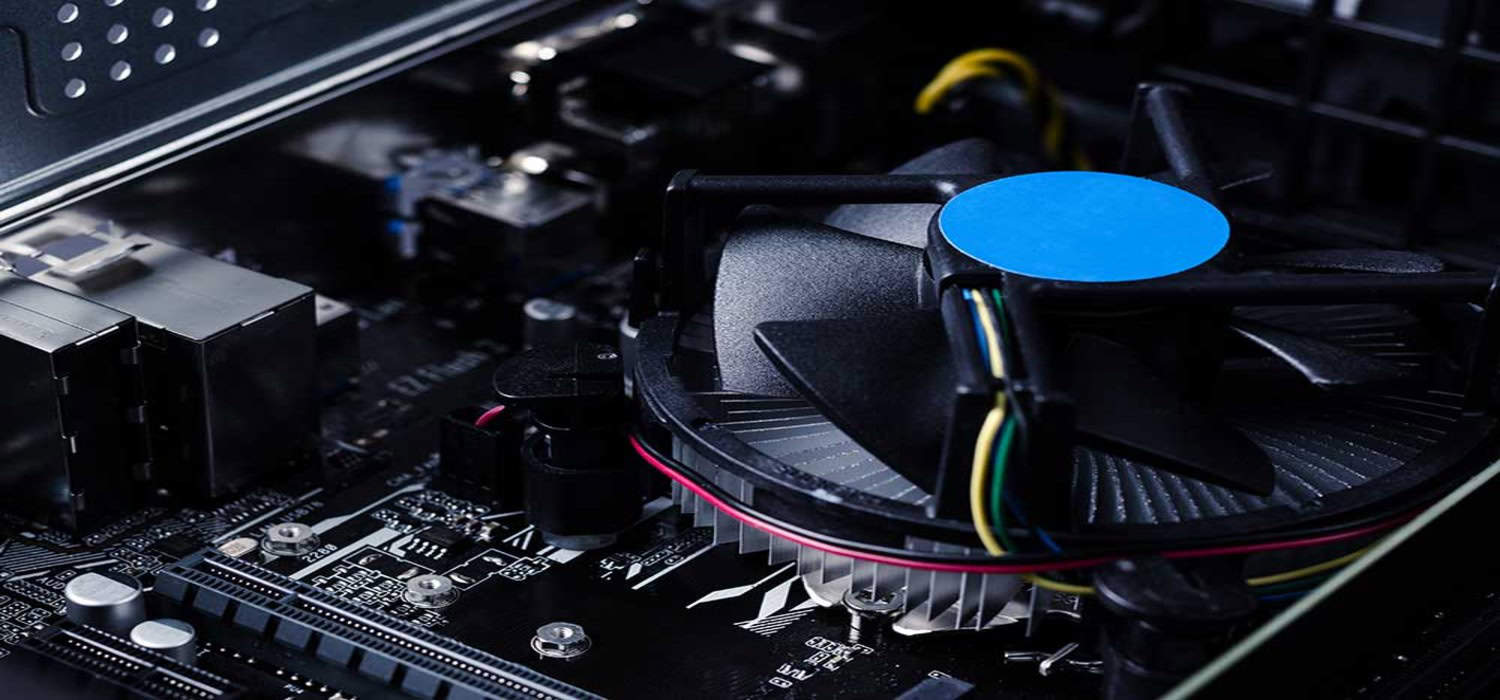
You can extend the life of your CPU water cooler by following these recommendations during the selection process.
FAQs
How do you monitor CPU temperature?
CPU temperatures can be monitored by using dedicated software. Applications like Core Temp, HWMonitor, or Open Hardware Monitor provide a user-friendly interface displaying real-time temperature readings.
How do you choose a liquid cooler?
Consider your CPU socket type, cooler size compatibility with your case, and budget. Look for reputable brands, check user reviews, and ensure the cooler has adequate cooling capacity for your CPU.
What are the best brands?
Some of the best CPU water cooler brands include Corsair, NZXT, Cooler Master, ASUS, and Thermaltake, which are known for their quality, performance, and reliability in keeping CPUs cool.
How to clean coolers?
To clean CPU water coolers, first, power off the System. Gently remove dust using compressed air. Wipe radiator fins and fans with a soft brush or cloth. Be cautious around electrical components. Check manufacturer guidelines for specific instructions.
Conclusion
It’s important to take good care of your water cooler for your CPU. Clean it regularly and change the liquid sometimes to keep it working well. Checking for problems can help, too. Listen for funny noises or if it’s too quiet. Using a cooler from a good brand and changing the liquid helps it last a long time. Taking care of your cooler helps your CPU work fast without problems. If you do these things, your cooler will protect your CPU and keep your computer running smoothly for years. If you are a tech enthusiast, you can learn CPU Packages.
